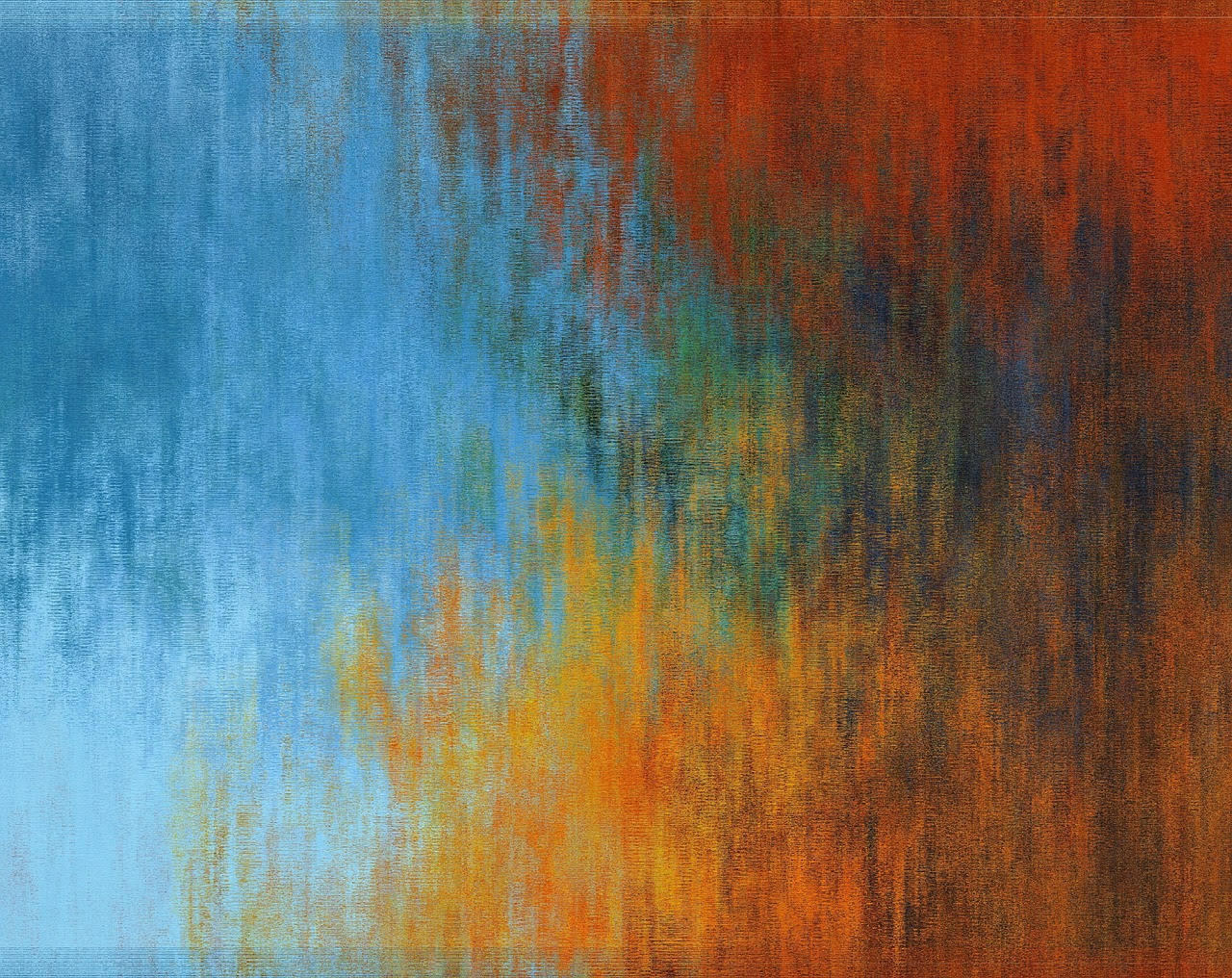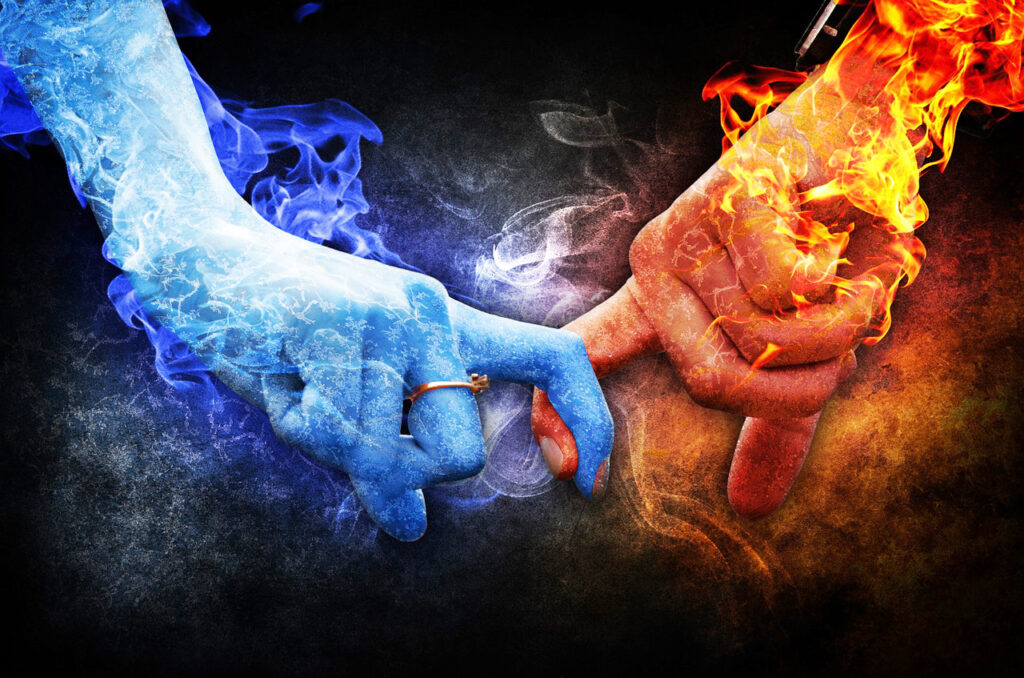
A settled body helps other bodies it encounters to settle as well.
This is why a calm, settled presence matters so much whenever we’re around other bodies—
in a partnership, a family, a brotherhood, or a community.
RESMAA MENAKEM

CRITICAL INCIDENTS ARE EVENTS OR CRISES, outside the range of usual experience, that have such significant stressful impact on a team that they overwhelm employees’ ability to cope and return to their baseline functioning. The impact can be devastating. Unaddressed, critical incidents disrupt individual performance and critical decision-making and devastate team morale, which leads to poor outcomes for clients.
This two-day, in-person workshop introduces an innovative, research-based model of critical incident debriefing. The model promotes the creation of healing spaces grounded in trust-building, physical and emotional self-regulation, and increased awareness of physiological responses to extreme stress. These interventions help people to move from the isolation and silence of the trauma into healing community. It is critical that agencies provide this specialized support soon after the critical incident.
PREREQUISITES
Participants should have attended at least one continuing education event on trauma-informed practices.
BY THE END OF THIS WORKSHOP, participants will be able to:
- Grasp the impact of a critical incident on the body, brain, and nervous system of all employees, as well as on team functioning and the group dynamic;
- Describe a research-based model, grounded in interpersonal neurobiology, for engaging employees in healing community after a critical incident;
- Clarify the role and skills of the facilitator in leading an effective, human-centered debriefing, with special emphasis on debriefing within virtual environments;
- Utilize body-centered activities to help employees adapt in the aftermath; and
- Practice skills necessary to facilitate an effective debriefing.
Ten hours of continuing education approved through the National Association of Social Workers.
BIPOC REPARATIONS DISCOUNT: If you identify as a member of BIPOC communities, you are entitled to a 25% discount.
MILITARY DISCOUNT: If you served in the military, either currently or in the past, or you are a military spouse, there is a 25% discount.
GRADUATE STUDENT DISCOUNT: If you are currently in graduate school in a clinical discipline and wish to register, there is a 25% discount.
Contact Wayne Scott for discount codes.
Debriefing Critical Incidents, Creating Healing Spaces:
TICKETS AVAILABLE!
May 9-10, 2024
8:30 am – 3:00 pm
In person
Revolution Hall
Portland, Oregon

